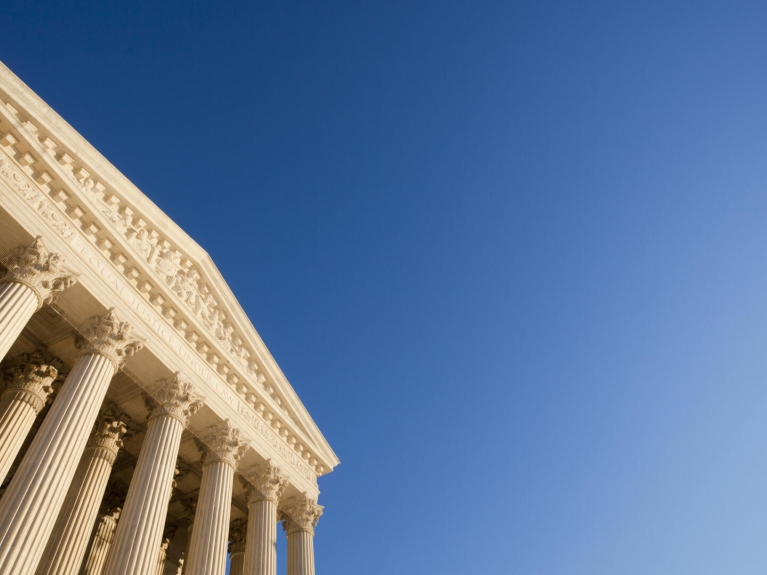Supreme Court Remains Silent on Crime-Fraud Exception

In its recent declination to review the Third Circuit's decision in In Re: Grand Jury Subpoena, a case involving the contours of the crime-fraud exception to the attorney-client privilege, the U.S. Supreme Court leaves intact the Third Circuit's conclusion that by merely informing a client of the applicable law, asking clarification questions, and advising against potentially illegal conduct, an attorney's actions constituted advice in "furtherance of a crime or fraud" and vitiated the protections of the attorney-client privilege.
The facts at issue in Grand Jury Subpoena involved the president of a Pennsylvania consulting firm who disclosed to his attorney his plans to pay off a certain foreign bank official to ensure that several of the firm's projects received the necessary bank financing and approval. The attorney conducted some preliminary research which led him to the U.S. Foreign Corrupt Practices Act (FCPA), and then followed up with the client to inquire whether the bank in question was a government entity and whether the bank official was a government official. Although the attorney did not conclusively determine that the proposed payment would be illegal, he advised the client not to make the payment. The client disagreed with the lawyer's advice and ultimately paid more than $3.5 million to the sister of the foreign bank official. Following a subsequent FBI investigation, the attorney was subpoenaed to appear and testify before a grand jury. Both the attorney and the client argued that any communications between them were protected by the attorney-client privilege. The district court, however, disagreed, and after in camera questioning of the attorney, found that the communications fell within the crime-fraud exception to the attorney-client privilege. The Third Circuit affirmed. Based on the scant evidence on hand, the Third Circuit held that the district court did not abuse its discretion in determining that: (1) the client intended to commit a crime at the time he consulted his attorney, and (2) the attorney's advice was used to fashion conduct in furtherance of that crime. Specifically, the attorney's questions regarding the bank and the bank official's government status may have informed the client that a governmental connection was an essential element of an FCPA violation. This knowledge, the Third Circuit concluded, would then logically lead to the idea of routing the payments through the bank official's sister to avoid detection. Despite conceding that the facts at issue here presented "a close case," the Third Circuit chose to err against protecting the attorney-client privilege. In denying certiorari, the Supreme Court leaves a circuit split on the issue unresolved, and also fails to address the potential resulting erosion of the attorney-client privilege in criminal cases.
Print and share
Explore more in
White Collar Briefly
Drawing from breaking news, ever changing government priorities, and significant judicial decisions, this blog from Perkins Coie’s White Collar and Investigations group highlights key considerations and offers practical insights aimed to guide corporate stakeholders and counselors through an evolving regulatory environment.